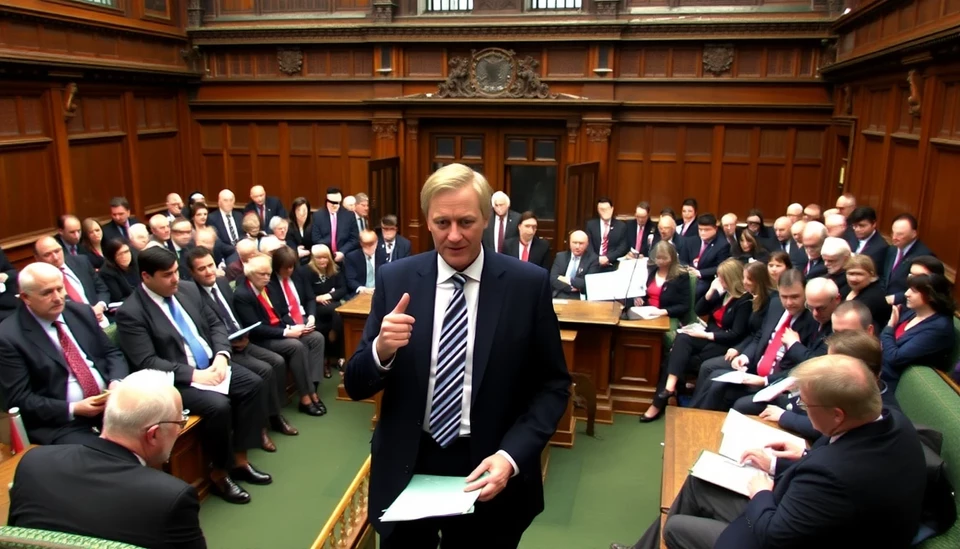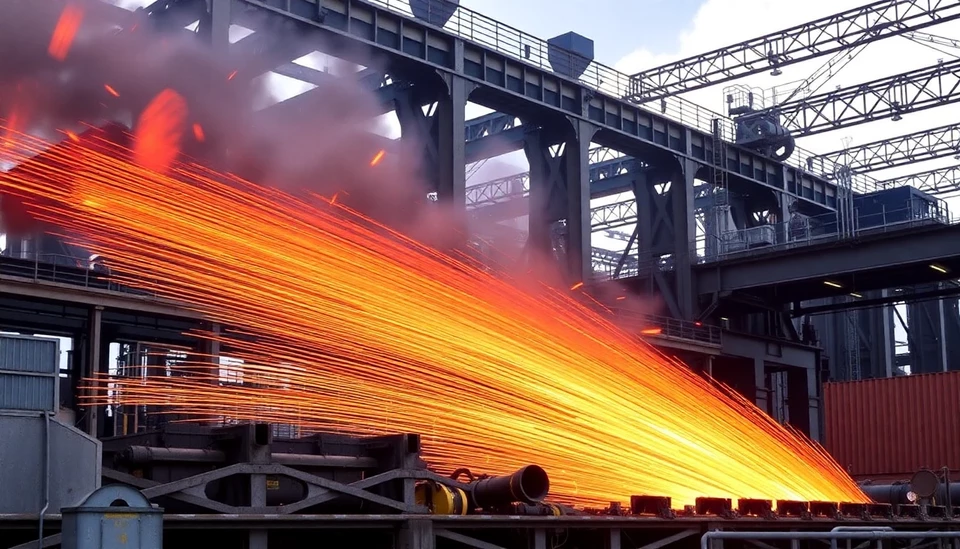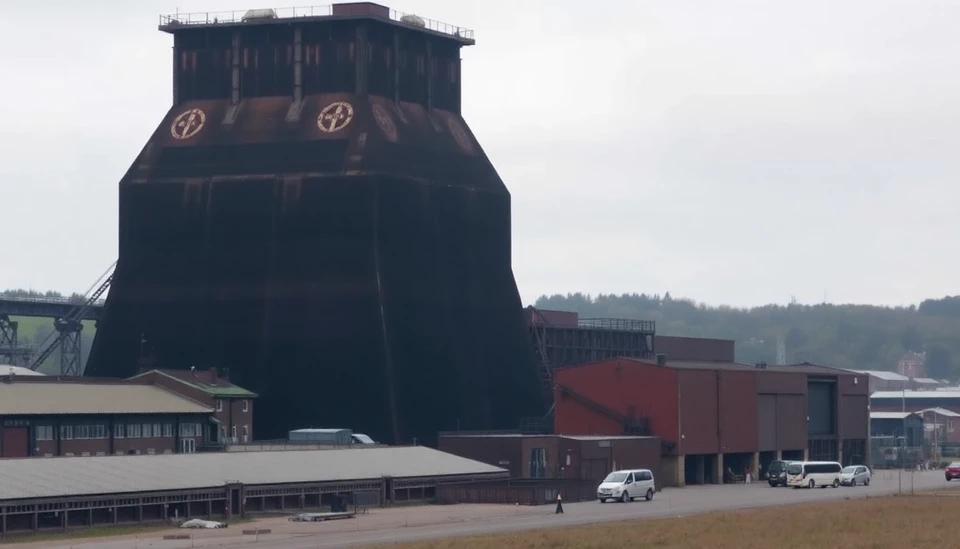
In a pivotal session, UK Members of Parliament (MPs) convened to deliberate a controversial new law aimed at granting significant control of British Steel to government ministers. The proposed legislation has sparked intense discussions surrounding its implications for both the steel industry and the broader economic landscape in the United Kingdom.
The debate comes at a critical juncture for British Steel, a major player in the nation's industry, which has faced numerous challenges in recent years, including financial instability and a shifting market landscape. As the government seeks to secure the future of domestic steel production, the proposed law aims to provide ministers with the authority to intervene in operational decisions and strategic direction of the company.
Supporters of the bill argue that increased government oversight is essential to stabilize the steel industry, preserve jobs, and ensure the sustainability of British manufacturing. Lawmakers in favor believe that swift action is necessary to prevent potential job losses and maintain the vitality of the supply chain that is crucial for various sectors, including construction and automotive industries.
However, opponents have raised concerns regarding the potential overreach of government intervention. Critics argue that such control could stifle innovation and undermine the independence of the company. They warn that excessive regulation could deter investment and be counterproductive in the long run, ultimately threatening the very jobs the legislation aims to protect. This contention has led to a heated exchange of views on the floor of Parliament, with both sides passionately advocating their positions.
Moreover, the bill's implications extend beyond the immediate fate of British Steel. Analysts have noted that how the UK approaches this legislation could set a precedent for how the government interacts with other key industries in the future. The balance between protecting national interests and fostering a competitive, market-driven economy remains a contentious issue among lawmakers.
As discussions continue, stakeholders from various sectors are keeping a close watch on the outcome. Union leaders have voiced their support for the legislation, emphasizing the importance of job security and workers' rights. Meanwhile, industry experts are urging caution, calling for a more measured approach that encourages innovation while still safeguarding national interests.
With the future of British Steel hanging in the balance, the MPs face the daunting task of navigating this complex legislative landscape. The implications of their decisions will undoubtedly shape the direction of the steel industry in the UK for years to come.
The debate is expected to continue as MPs deliberate the merits and drawbacks of the proposed law. As the government works to strike a delicate balance between intervention and independence, the outcome of this legislation will be a focal point in the ongoing dialogue about the future of British manufacturing.
#BritishSteel #UKParliament #SteelIndustry #GovernmentControl #LegislationDebate #Economy #Manufacturing #JobSecurity #InvestSmart
Author: Victoria Adams




